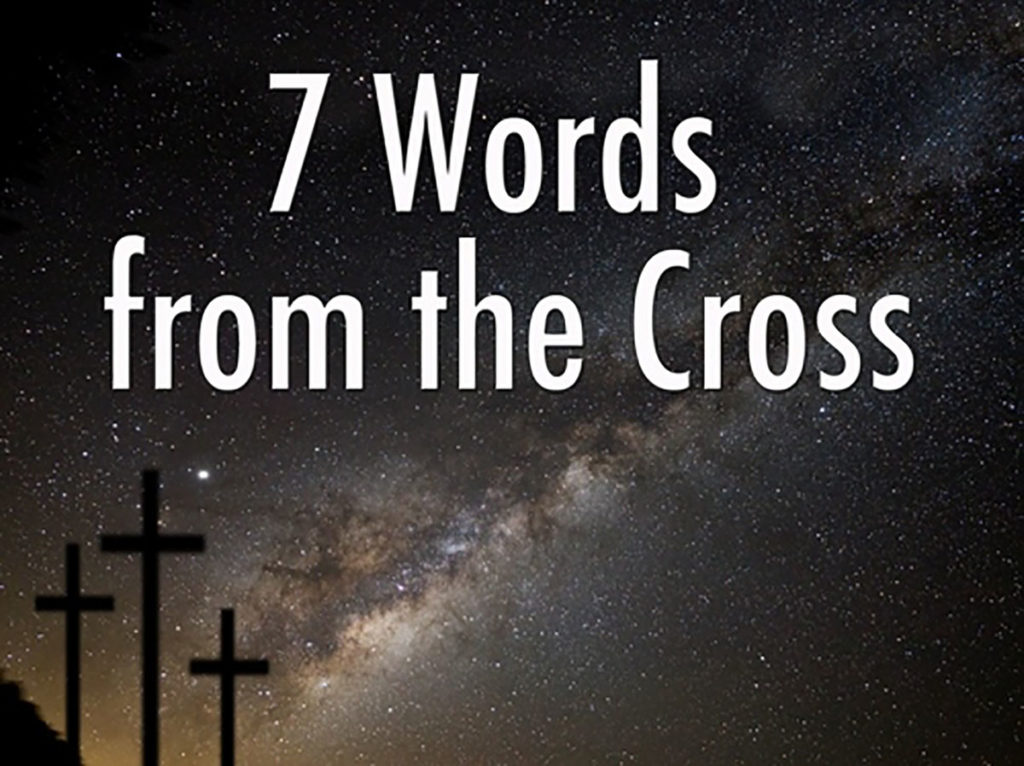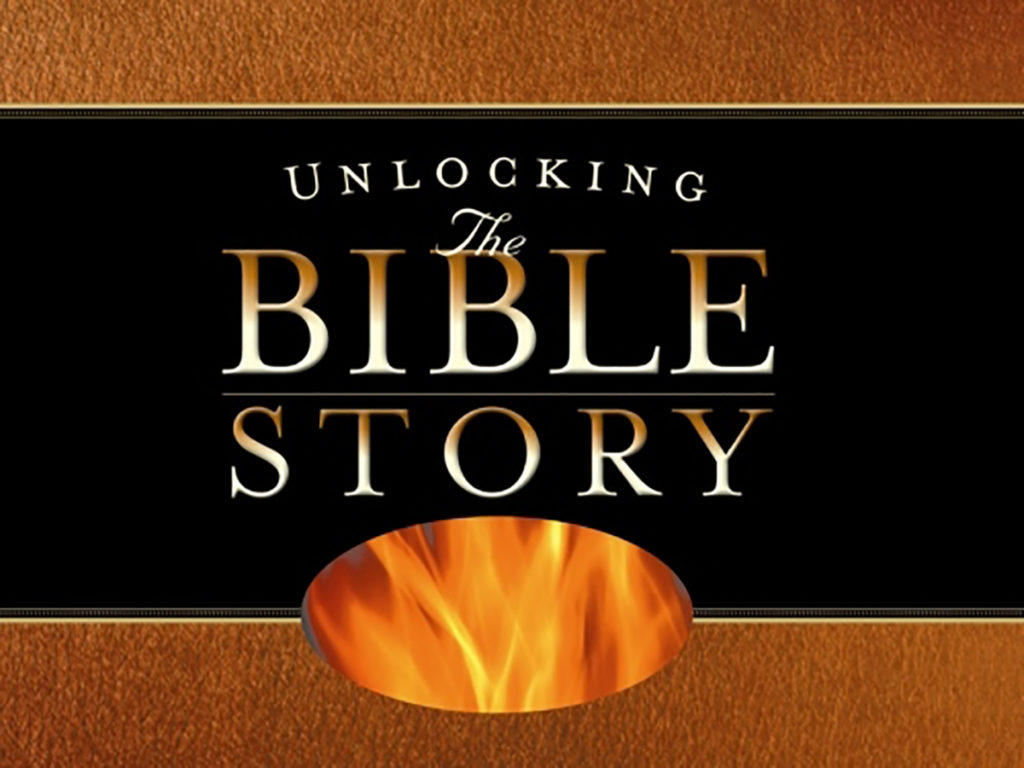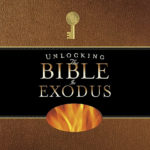Moses was gone forty days and forty nights (Exodus 24:18), and by the end of that time, the people were fed up with waiting. Tired of the delay, they gathered around Aaron, the brother of Moses, and said, “Make us gods who shall go before us. As for this Moses… we do not know what has become of him” (32:1).
Less than six weeks had passed since God had commanded the people not to make an idol. But already the effects of hearing God’s audible voice had faded, and they defied God’s command. You cannot live on past spiritual experience. Past experience is never a substitute for present obedience.
A New Religious Movement
Aaron seemed like the natural choice to be Moses’ successor. He already had a recognized ministry, and when God’s people approached him, they found him ready to step up and lead.
Aaron’s first move was to raise funds for the launch of his new ministry. People donated their jewelry, and from these gifts he shaped a golden calf. Aaron became the sad father of those whose ministry is driven primarily by the question “What do people want?” Allowing market principles to drive ministry quickly leads to idolatry.
Of course, Aaron wanted to claim that what he was doing was well within the bounds of orthodoxy, and so he said, “Tomorrow shall be a feast to the LORD” (32:5). But Aaron’s festival was nothing more than an indulgent vehicle of self-expression.
The next day “the people sat down to eat and drink and rose up to play” (32:6). In other words, out came the drinks and off came the clothes. It was a big celebration, but it was worshiping the wrong god.
It is worth pausing to ask what a contemporary news reporter might make of this. After all, the golden calf would make a great subject for a journalist reporting on world religion: “Out here in the Sinai Desert, a remarkable new religious movement has been born,” our reporter would begin.
“The people have adopted an innovative style of worship marked by creativity and self-expression.” Then there would be a couple of interviews with exuberant dancers, who would say that the festival of the golden calf was deeply meaningful to them.
Breaking Up the Party
The people may have thought it was meaningful, but God thought it was abominable. God’s people had corrupted themselves by breaking one of His first commandments. This happened so quickly and so flagrantly that God was ready to wipe these people out and begin again with Moses: “Now therefore let me alone, that my wrath may burn hot against them and I may consume them, in order that I may make a great nation of you” (32:10).
Moses’ first task on returning to the people was to confront Aaron: “What did this people do to you that you have brought such a great sin upon them?” (32:21). Had the people subjected Aaron to some horrible torture? In fact, all it took to persuade him to disobey the law of God was public demand. He led them into sin because he was unable to resist the pressure of felt needs and market forces.
Aaron attempted to deflect responsibility. He had shaped the gold into an idol “with a graving tool” (32:4), but when Moses challenged his brother, Aaron gave a sanitized version of the story: “I said to them, ‘Let any who have gold take it off.’ So they gave it to me, and I threw it into the fire, and out came this calf” (32:24). It just happened!
After confronting his brother, to no avail, Moses called the people to make a decision: “Who is on the LORD’s side? Come to me” (32:26). Everyone was given the opportunity to repent, and the overwhelming majority did. (See note #1)
The Meaning of Atonement
The next day Moses said to the people, “You have sinned a great sin” (32:30). Talk about preaching to the choir! These people already knew they had sinned, and they had repented! So why did Moses get up the next day and say, “You have committed a great sin”? Whatever happened to forgiveness?
Why doesn’t Moses draw a line under it? Isn’t it his duty to tell them that they are forgiven? These people are sorry. What more does Moses want from them? And isn’t it God’s duty to forgive them? No. Something else must happen before sins can be forgiven.
At this point in the story, we discover the biblical word atonement. Moses told the people, “I will go up to the LORD; perhaps I can make atonement for your sin” (32:30). Atonement is what it takes to put right something that is wrong. Wherever there is an offense, we face the question of atonement. What will it take to put things right?
Being Sorry Won’t Do It
Once while I was playing a soccer match in college, the other team made a breakthrough on goal, and I was the last defender. In a desperate lunge, I managed to clear the ball from the goal line.
Unfortunately, the ball sailed toward the college president’s study and smashed his window. The president was remarkably kind about it—but he did require that I replace the window and clean up the mess. That was what it took to make it right.
The first thing to grasp about an atonement is that its requirements are always determined by the injured party. Standing there in my muddy shorts beside the broken window, I didn’t feel I had a lot of bargaining power! “I’m very sorry,” I said. That was good, but it wasn’t good enough. Damage had been done, and it had to be repaired. I wanted to say, “I won’t do it again,” but that wouldn’t have helped much either.
“Here is what you need to do,” the president said. “Clean up the mess and replace the window.” That was the atonement, the price that had to be paid to make things right. What will it take to right our wrongs against God?
Some people think it all boils down to being sorry. They feel that if we are truly repentant and genuinely try to change, things will be right with God. But being sorry isn’t enough. Nearly two million people repented, and there was still a problem. Being sorry for what we have done will not remove the guilt of our sin. We need an atonement.
A Great Leader Can’t Do It
Perhaps making atonement was something Moses could do? He knew from the death of the lamb at the Passover that God was prepared to accept a substitute in order to spare the lives of the people. What if Moses could be the substitute?
Moses said to the people, “I will go up to the LORD; perhaps I can make atonement for your sin” (32:30). So we have a volunteer! The greatest spiritual leader in the Old Testament stepped up and said to God, “Alas, this people has sinned a great sin… But now, if you will forgive their sin—but if not, please blot me out of your book that you have written” (32:31–32). Moses was ready to lay down his life for the people. And if he had to enter hell to make atonement for them, he was ready to do it.
But God did not accept the offer: Life would go on for these people, but without an atonement, they would forfeit the presence of God (33:3).
When the people heard this, they mourned (33:4). They were now facing the most fundamental question in the most personal way: “What will it take to bring back the presence of God? If being sorry won’t do it, and if Moses can’t do it, what will it take to atone for our sins?”
Painstaking Obedience Won’t Do It
Perhaps a serious commitment to obeying God’s commands would bring back the presence of God? In Exodus 25–30 God gave precise commands for building the tabernacle, and Exodus 36–39 records that God’s people obeyed these commands in meticulous detail. (See note #2) God’s people did exactly what He told them to do: “The people of Israel did according to all that the LORD had commanded Moses” (39:32).
Imagine a woman sewing embroidery on the curtains for the tabernacle. As she follows God’s detailed instructions, she thinks, If I’m obedient, perhaps God will come back to us. Picture a carpenter wishing that he had not grieved the Lord. He wonders, If my hands can do what God has commanded, perhaps He will bless us again.
God’s people gave themselves to meticulous obedience, but at the end of it all there was still no sign of God’s presence returning. They must have wondered what it would take to make things right with God.
A Worthy Sacrifice Will Do It
After seven months2 in which the people had been longing for the presence of God to return, Moses told them how it could happen: “This is the thing that the LORD commanded you to do, that the glory of the LORD may appear to you” (Leviticus 9:6). There must have been a stunned silence as the people waited to hear what he would say.
Moses then turned to Aaron and said, “Draw near to the altar and offer your sin offering and your burnt offering and make atonement for yourself and for the people” (9:7). God’s presence and blessing could only return when atonement was made.
Aaron did as God commanded. The people must have held their breath as they waited to see what would happen: “Moses and Aaron went into the tent of meeting, and when they came out they blessed the people, and the glory of the LORD appeared to all the people” (9:23). God was back! “And when all the people saw it, they shouted and fell on their faces” (9:24).
Imagine a couple sitting in their tent, talking about what they just witnessed: “I’ve never seen anything quite like it,” he says. “Who would have imagined that shedding the blood of an animal would bring back the presence of God?”
“Yes, it’s incredible” she says. “But I don’t understand why the sacrifice did it when all those months of being sorry, and all those months of obedience, and even Moses’ offer to lay down his life for us made no difference whatsoever. There must be something very powerful about a sacrifice that involves the shedding of blood.”
Even at this early stage in the story of the Bible, God was preparing for the coming of Jesus. The whole purpose of the sacrifices in the Old Testament was to shape our thinking so that we would understand why the Son of God had to come into the world. In His death on the cross, Jesus accomplished what the Old Testament sacrifices could only anticipate. Christ made atonement for our sins. He brings back the presence and the blessing of God for all who trust in Him.
Opened
Maybe you feel that if you are sufficiently sorry for your sins, you will be right with God. Or maybe you feel that if you are obedient to God by attending church and saying your prayers, you can atone for your sins. These things are good, but they are not good enough. It’s the sacrifice of Jesus and the shedding of His blood that makes atonement with God. “He is the atoning sacrifice for our sins, and not only for ours but also for the sins of the whole world” (1 John 2:2 NIV 1984).
Notes:
1. Given that there were around two million people in the camp, we may assume that 1,997,000 responded to Moses’ appeal and took their stand with him. We know this because there were 3,000 people who refused the invitation, and that day was the last day of their lives (Exodus 32:28).
2. When all the work was finished, the pieces were brought together, and the tabernacle was set up on the first day of the first month in the second year (Exodus 40:17). They had arrived at Sinai on the first day of the third month after they left Egypt (Exodus 19:1), so two months had passed. We also know that Moses was away for two periods of six weeks. So the travel time plus Moses’ absences total about five months. The tabernacle was set up at the beginning of the second year, and so they must have spent the remaining seven months of the year working on it.






